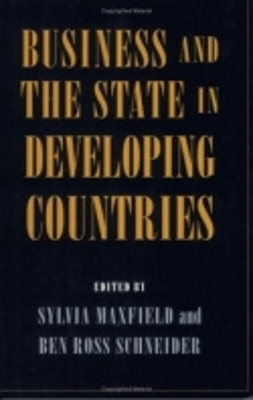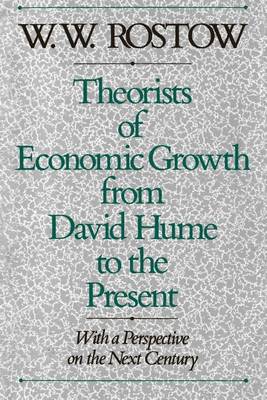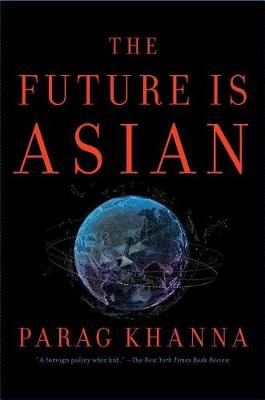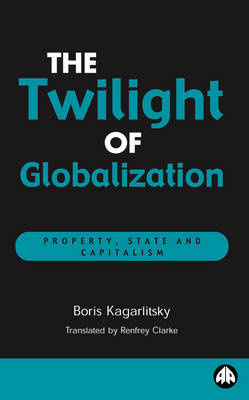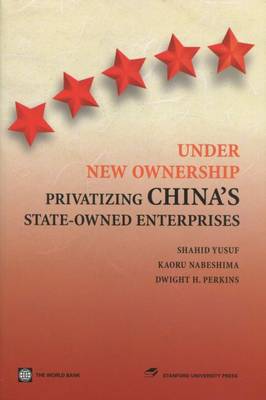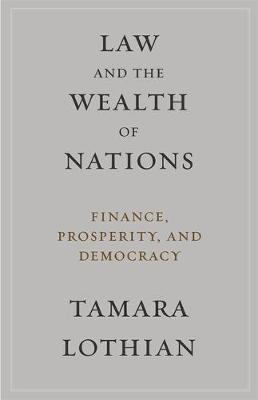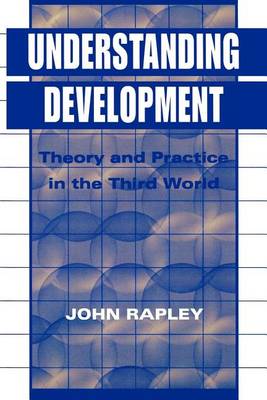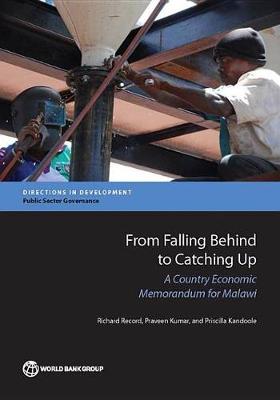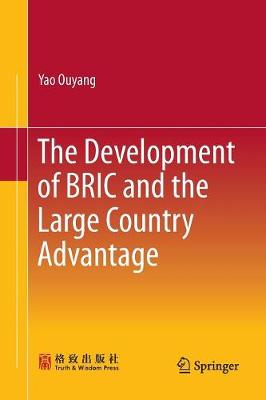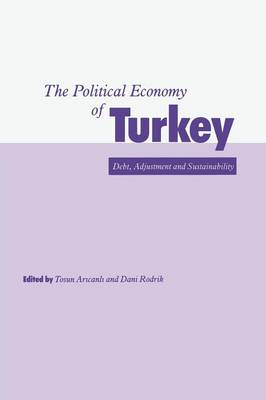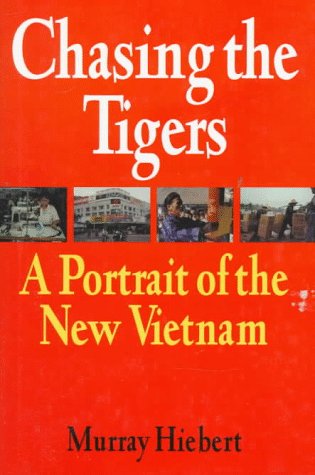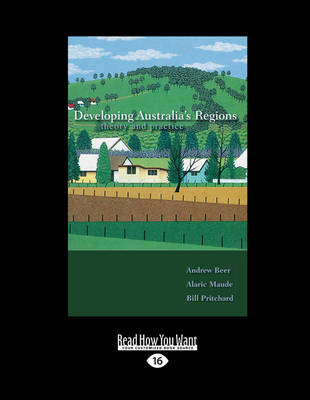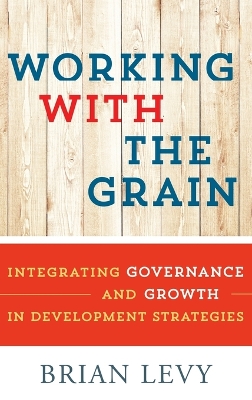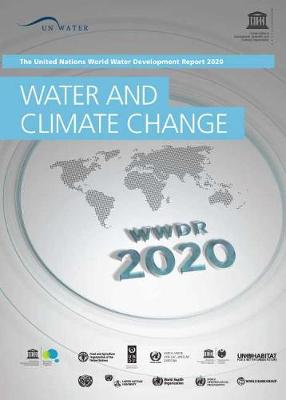Explores the experience of one developing country, Israel, in applying the traditional techniques of monetary and fiscal policies to the problems of inflation and expanding exports.
Timber Booms Instutional Breakdown in Southeast Asia. Political Economy of Institutions and Decisions.
by Michael L. Ross
Business and the State in Developing Countries (Cornell Studies in Political Economy)
Much of the debate about development in the past decade pitted proponents of unfettered markets against advocates of developmental states. Yet, in many developing countries what best explains variations in economic performance is not markets or states but rather the character of relations between business and government. The studies in Business and the State in Developing Countries identify a range of close, collaborative relations between bureaucrats and capitalists that enhance elements of eco...
Commodity Markets (Frontiers of Economics and Globalization, #17)
This volume brings together an international group of researchers who are undertaking original research on Markets, Price and Risk Management. Contributions are both theoretical and empirical.
Theorists of Economic Growth from David Hume to the Present: With a Perspective on the Next Century
by W. W. Rostow
'An authoritative book which may well become a standard reference . . . compelling' James Kynge, Financial TimesLeading global strategist Parag Khanna explains how Asia is reshaping the entire planet and setting a new template for our collective futureFive billion people, two-thirds of the world's mega-cities, one-third of the global economy, two-thirds of global economic growth, thirty of the Fortune 100, six of the ten largest banks, eight of the ten largest armies, five nuclear powers, massiv...
In the second of his studies of globalisation and capitalism, Boris Kagarlitsky assesses the role of the state in the globalised world. He argues that far from being powerless and irrelevant, the state can and should play a significant role in the twenty-first century. Kagarlitsky challenges the notion that globalisation is a completely new phenomenon. However, transformation of the state in response to globalisation is according to Kagarlitsky urgently needed, and in order for the state to onc...
Under New Ownership
by Shahid Yusuf, Dwight H. Perkins, and Kaoru Nabeshima
Although the relative size of the public sector has been much reduced worldwide since the early 1980s, it remains the dominant borrower from the banking system and responsible for the majority of the non-performing assets of banks. Drawing upon new firm-level survey data, this volume assesses how changes in the ownership structure of SOEs affect management, governance, innovation, and performance, comparing these SOEs to other types of firms in China. It also considers China's reform efforts a...
Understanding Development: Theory and Practice in the Third World
by John Rapley
From Falling Behind to Catching Up (Directions in development)
by Richard Record and Praveen Kumar
This book explores key questions concerning the reasons for China's economic miracle and the rise of BRICs. It develops the concept of the Comprehensive Advantages of Large Countries (CAOLCs) and reveals the formation mechanism of CAOLCs. By analyzing the rapid rise of BRICs and the large economy phenomena, the book emphasizes the crucial role that BRICs played during and after the global financial crisis. Readers are offered important information on how China is coping with the huge impact of t...
Regulating Europe (Routledge Research in European Public Policy)
First published in 2004. Routledge is an imprint of Taylor & Francis, an informa company.
The Political Economy of Turkey
by Harvard University, Cambridge, MA, USA John F. Kennedy School of Government
Turkey stands at a crossroad after a decade of adjustment to its severe debt crisis in the late 1970s. This volume brings together a group of contributors who discuss the consequences of this transition and the likely pains for the future.
This work presents an in-depth tour of Vietnam's social, political and economic landscape.
Developing Australia's Regions
by Bill Pritchard, Andrew Beer, and Alaric Maude
Delves behind the too - often negative media headlines and stereotypes about regional Australia, and considers the true state of Australia's regions, including metropolitan regions, and what can be done to improve their economic, social and environmental well - being.
This book builds on cutting-edge scholarship and the author's quarter century of hands-on experience at the World Bank to lay out an innovative with-the-grain approach to integrating governance and growth--as a constructive, hopeful way of engaging the challenging governance ambiguities of our early 21st century world. A 'with the grain' perspective directs attention away from a 'good governance' pre-occupation with off-the-shelf blueprints and optimal policies, and towards the challenges of i...
The 2020 edition of the WWDR, titled Water and Climate Change illustrates the critical linkages between water and climate change in the context of the broader sustainable development agenda. Supported by examples from across the world, it describes both the challenges and opportunities created by climate change, and provides potential responses - in terms of adaptation, mitigation and improved resilience - that can be undertaken by enhancing water resources management, attenuating water-related...
Un Contributions to Development Thinking and Practice (United Nations Intellectual History Project)
by Special Adviser to the Administrator Richard Jolly, Louis Emmerij, Dharam Ghai, and Fr Lapeyre
Tourism Development in Small Island Countries (Australian Studies in Tourism, #3)
by S.J.Craig- Smith, Michael Fagence, and Stephen Craig-Smith
This work analyzes significant issues in tourism development facing Pacific island countries and suggests possible solutions to current difficulties. It provides an appraisal of the islands, focusing on their environmental limitations and economic disadvantages. Key issues of regional co-operation, sustainable development, foreign investment, tourism planning, and eco-tourism are examined. The book poses critical questions which may determine the future of tourism activity in the region. Twenty-...

